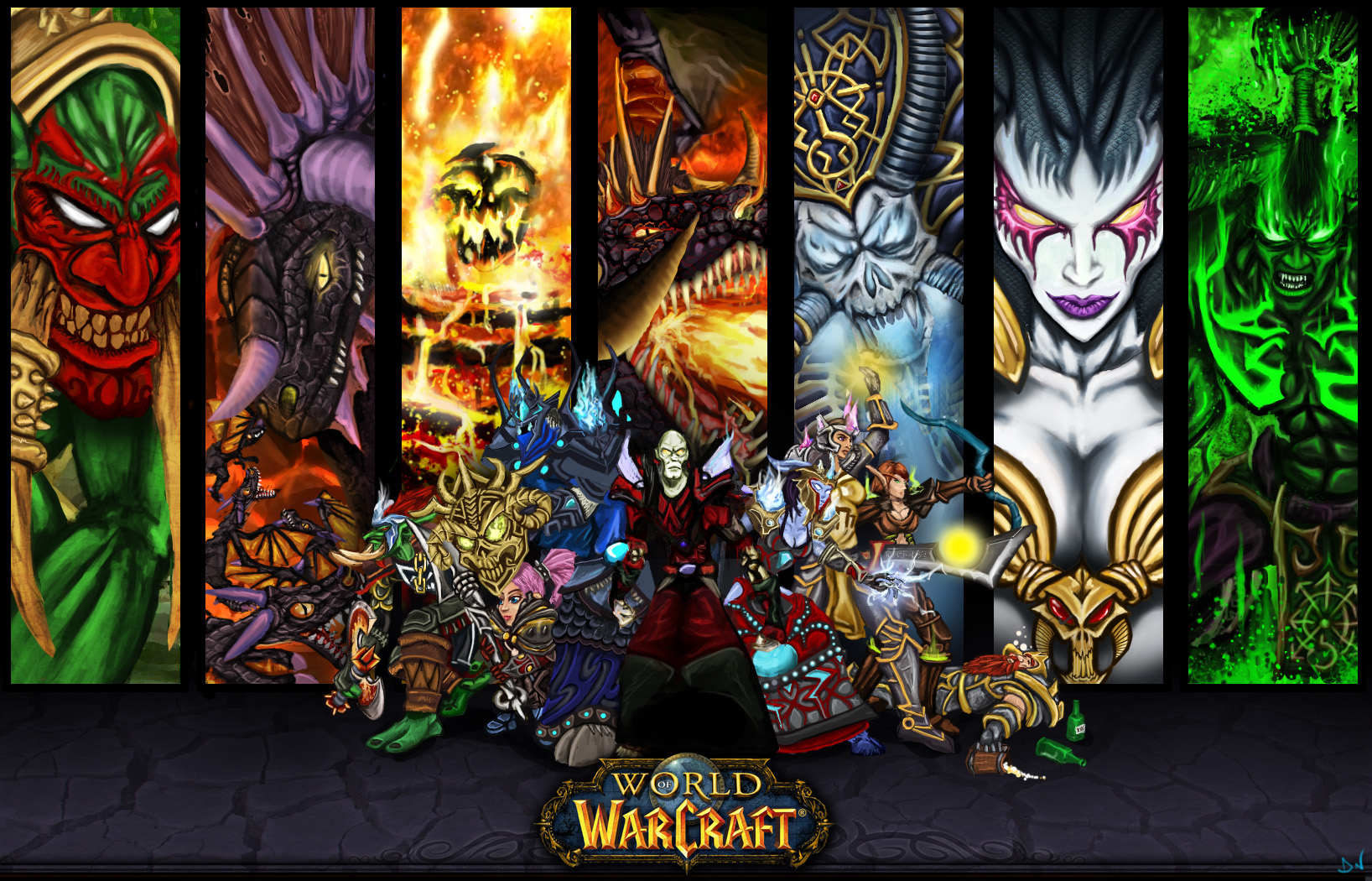A growing number of teachers and educational specialists are applying children’s love of games to core subjects.
Games such as Angry Birds and Guild Wars 2 are being used to teach writing and more. Angry Birds has been used at a Houston-based private school to teach Newton’s Law of Motion. Joey J. Lee, an assistant professor at Columbia University’s Teachers College in New York runs their Games Research Lab. He says video games let kids explore. “In many of these games, the best way to learn is to continually fail band then reassess and try again.”

In the Guild Wars 2 classroom, students analyze companies’ mission statements before creating their own mission statements before their “quest”. They will also write articles where they compare the virtual and real world.
Shari Hiltbrand, a middle school physics teacher, began using “Angry Birds” in her classroom three years ago. In the game, players use birds to knock out the pigs. Players need to get the trajectories just right to move to the next level.
Lucas Gillespie, a former biology teacher, is a leader in the national movement for video games in the classroom. His love of gaming led to his new position as an Instructional Technology Coordinator, where he created a World of Warcraft club for at-risk middle school students. The curriculum is designed to meet the common core’s curriculum. One “quest” requires students to study poetry and share their notes. Then they write their own poems and critique each other.

Of course the use of games in classrooms is not without criticism. Some critics say the video games are too violent and addictive. Others say children already spend too much time playing video games. Still others say that the games are based on rewards, which may corrupt the idea of learning.
What do the kids think?
Geovany Villasenor, a senior at Renaissance Academy in Los Angeles, says he enjoyed building virtual cities in Minecraft during his after-school club. The game, which the teacher uses in his architecture course, let his “imagination run wild” and “taught him how to work in a community to get things done.” Lauren Rubenstein, 15, said she had trouble understanding potential and kinetic energy until she took a lesson with Angry Birds. “It made sense to me because I could see it,” she says.
The movement continues, so look for computer games to move into many more classrooms in the future.






Published: Jul 28, 2014 11:04 am